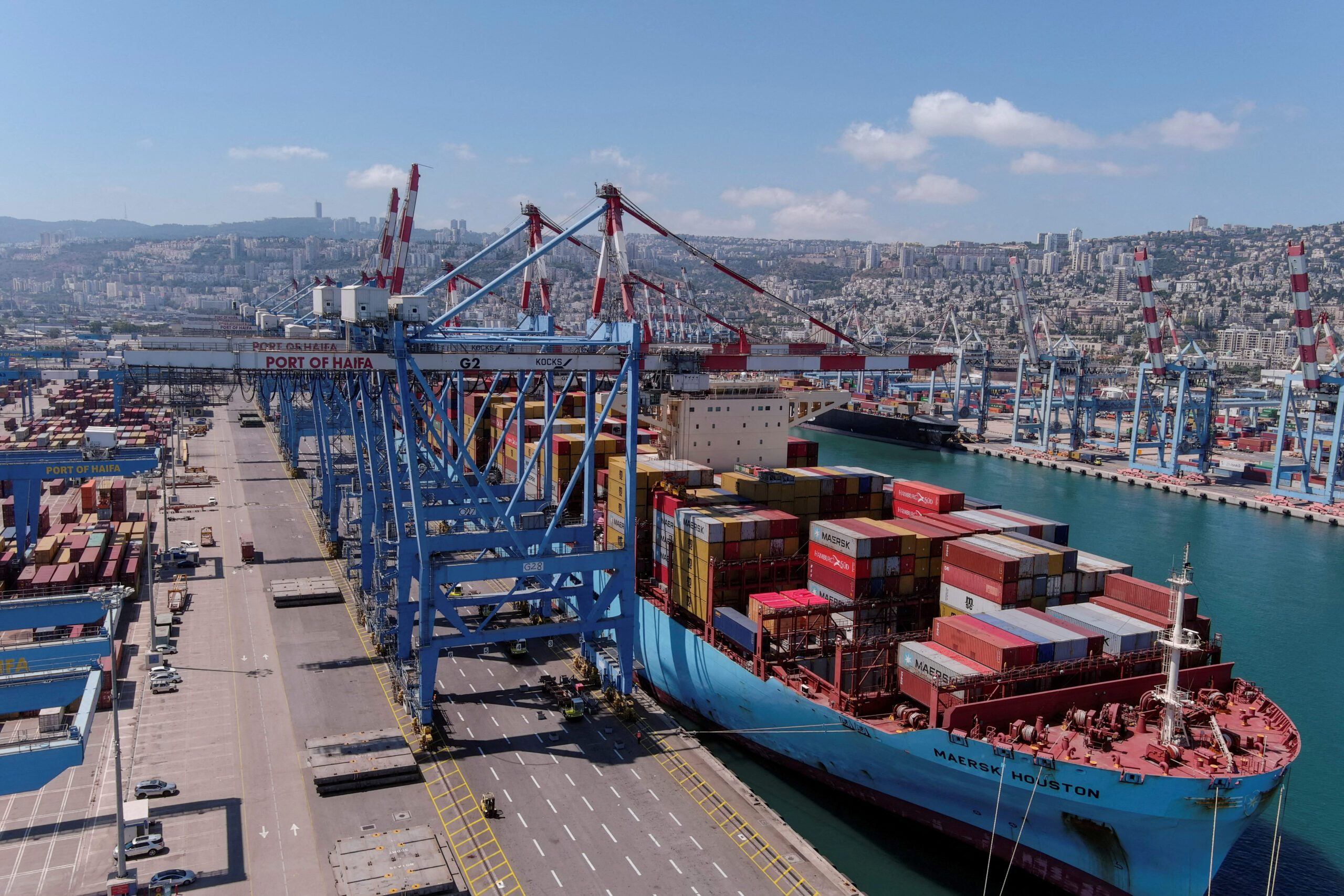The U.S. Department of the Treasury’s Office of Foreign Assets Control (OFAC) announced on Tuesday a sweeping action targeting nearly two dozen firms involved in Iran’s illicit international oil trade.
At the center of the sanctions is Sepehr Energy Jahan Nama Pars Company (Sepehr Energy), which operates through an intricate network of front companies to obscure Iranian oil shipments. The company employs various deceptive practices, including ship-to-ship transfers, oil blending, and document falsification to conceal the Iranian origin of their cargo.
“Today’s action underscores our continued focus on intensifying pressure on every aspect of Iran’s oil trade, which the regime uses to fund its dangerous and destabilizing activities,” said Secretary of the Treasury Scott Bessent.
The investigation revealed that Sepehr Energy relies heavily on the shadow fleet of aging oil tankers for international shipments. As of early 2025, the company has been using vessels such as the Cameroon-flagged BALU (IMO 9235244) and the Panama-flagged ROC (IMO 9275660) to facilitate oil shipments to China.
The sanctions specifically target companies in multiple jurisdictions, including Hong Kong-based front companies like Xin Rui Ji Trad Co., Limited, Star Energy International Limited, and Milen Trading Co., Limited. These entities have been brokering and receiving Iranian oil shipments to independent “teapot” refineries in China.
In one notable instance, CCIC Singapore was found providing inspection services for approximately two million barrels of Iranian oil, reportedly falsifying documents to certify Iranian oil as Malaysian heavy crude oil.
The sanctions have significant implications for the maritime industry. All property and interests in property of the designated entities within U.S. jurisdiction are now blocked, and U.S. persons are generally prohibited from conducting transactions with them. Additionally, foreign financial institutions risk secondary sanctions for knowingly facilitating significant transactions for these designated entities.

 Join The Club
Join The Club











